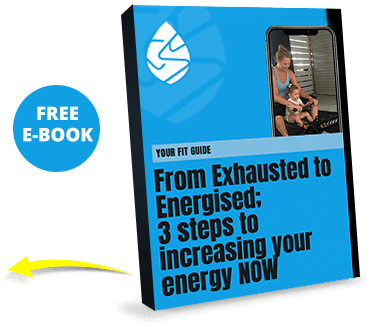
Access to or development of the skill? That is the question.
Working in health and coaching for more than a decade now, I'll often ask myself a question as to whether the person in front of me sharing their struggles has an issue with access or skill development.
The most simple example is a gentleman I work with, let's call him Mr Workaholic, who is putting his life together after a breakup and using fitness and nutrition as the building blocks. This gentleman doesn't have many cooking skills, and we need to develop those skills. While others may not have the time, opportunity or energy to access such skills, it's a conversation about energy management and time boxing or stepping into that process.
A great mentor of mine, I sought out after hearing him in a lecture when he posed the question: 'imagine a world where we were 20% nicer to ourselves. Imagine that?
In my own life, as a father, husband and health professional, I've had to work hard at it myself and am still developing the skill of self-compassion. But, as someone guilty of unrelenting high standards and suffering from lofty expectations, it wasn't until a recent loss in a sporting context that I realised I'd developed at least some of the way there.
I know it sounds fluffy and soft, but if we have self-compassion skills, we can go again. If we know within ourselves, we have the capacity on the other side of the failure to be kind and not echo the thoughts of those outside the arena saying, 'I told you so' or 'what were you thinking? Then we suddenly bounce back with the learning the experience has provided, not stuck down the self-imposed trauma tunnel!
This work I've seen be beneficial in binge eating and endurance running. Binge eating is a problematic behaviour that is often more about the development of self-compassion and, with time, self-trust. Enabling the bandwidth to overcome behaviour that, in many instances, provides momentary escape or relief from the heavy toll that life may be presenting us. As an endurance runner, the cliches start: 'just suck it up, 'pain is temporary 'no pain, no gain'. The truth is for any endurance event; there is a lot of time spent with your thoughts. If those thoughts are negative and you're running with a bully in your ear, that will be one long marathon! If you can approach each binge, each training mishap, and each stumble along the way with compassion and curiosity, that is a far more enjoyable journey. Suppose each twist and turn brings negative self-judgement and pessimistic evaluations (very different from being a realist and calling something as it is); we will struggle to win the long game!
Here are a few tips, stop judging others so harshly; one of the difficult things about judging others harshly is that we then view ourselves in the light we are judging others in. While we might not communicate it out loud, letting go of looking down upon or harshly judging another who is trying means you no longer echo those words when you have a moment you'd prefer not to.
Second, empathy. Think of someone you truly care about with all your heart. For me, it's my daughters and brother (Amy is too high on a pedestal for me to think of seriously making a mistake like the ones I do every day). Would you ever speak to them the way you're talking to yourself? Why not? Would it help if you wanted to get the best out of that person? Why is it ok to speak to yourself that way, then?
Finally, don't take everything so seriously! My life improves the second I don't take it so seriously. I am in the prevention game, not chronic disease management; It means my professional game and the one I'm trying to play at home with young kids, and our marriage is a long game. I will make mistakes because I'm trying as hard as I can with all I have available to me, which means I will stumble and learn more as I go. The second I make it too serious, I take all the fun away! That's what I did when I was playing footy as a kid, reality TV, uni, and the Queensland Reds gig. All the instances I look back on with regret were all because I created such a high-stakes game I could never have won and, worse, ever make a mistake.
There will be plenty more to come in this space with our tools on self-compassion coming, but here is a challenge: try starting tomorrow to see the best in the mirror, not the worst. You might access apart you never knew you had!
Yours in health
Sean Cornish



